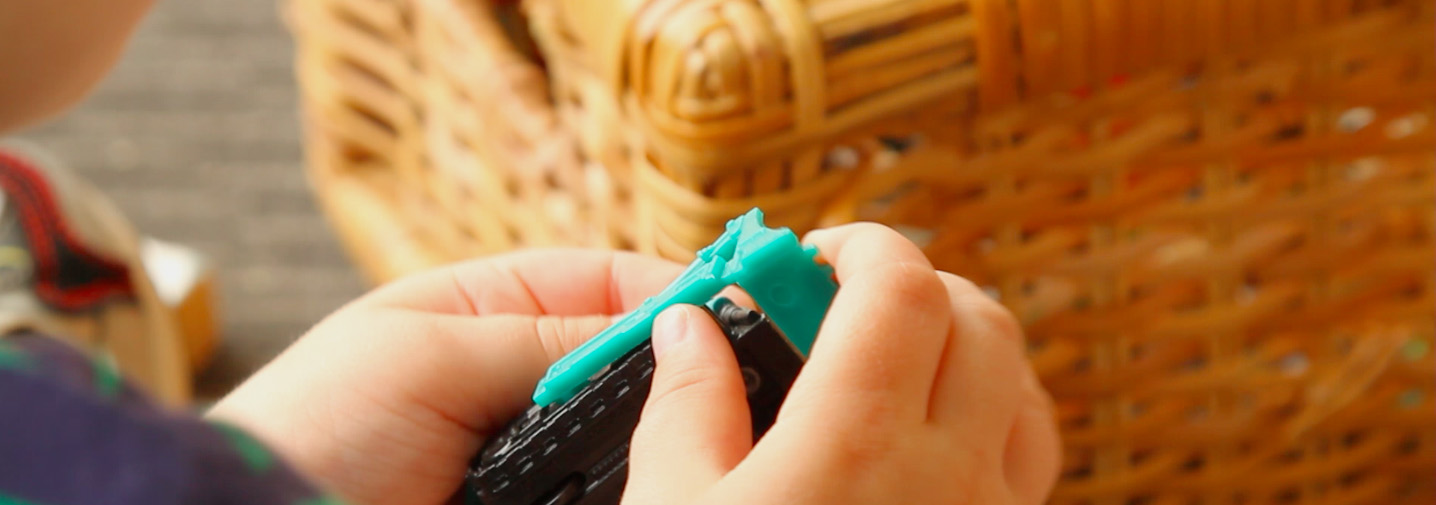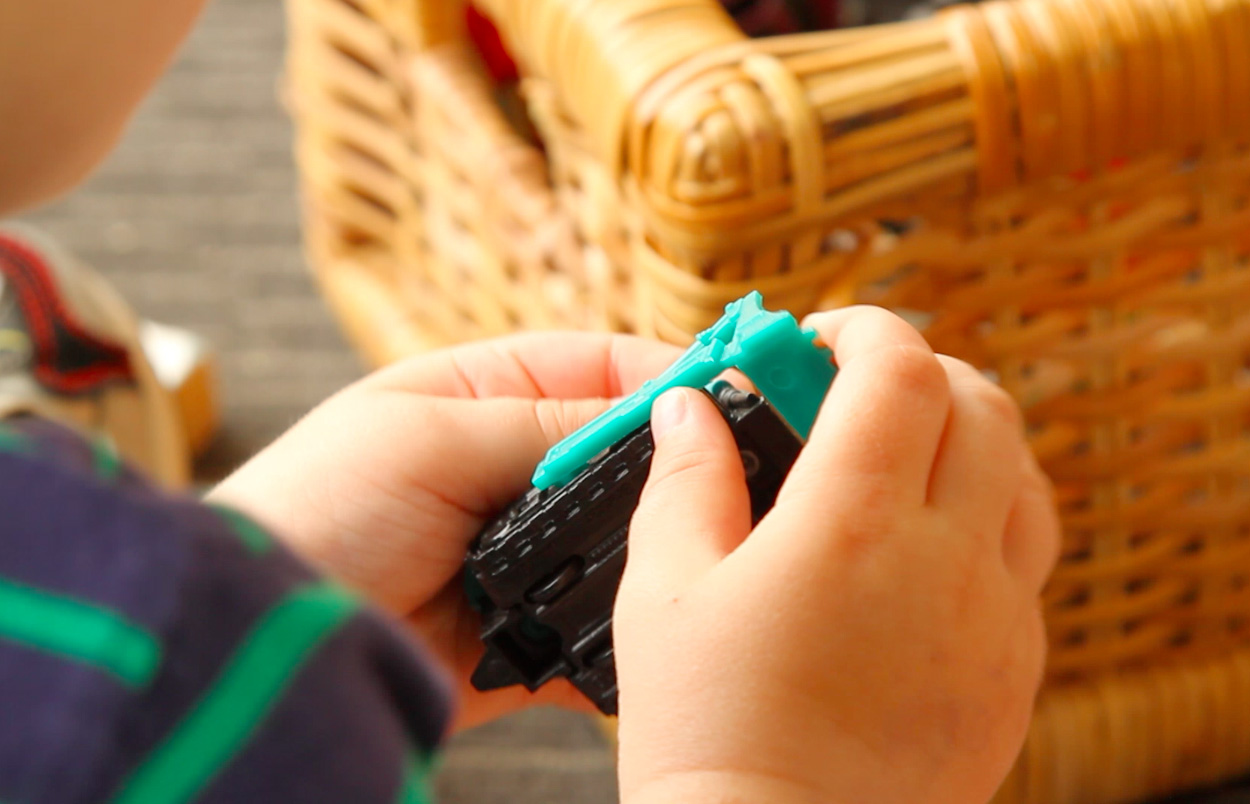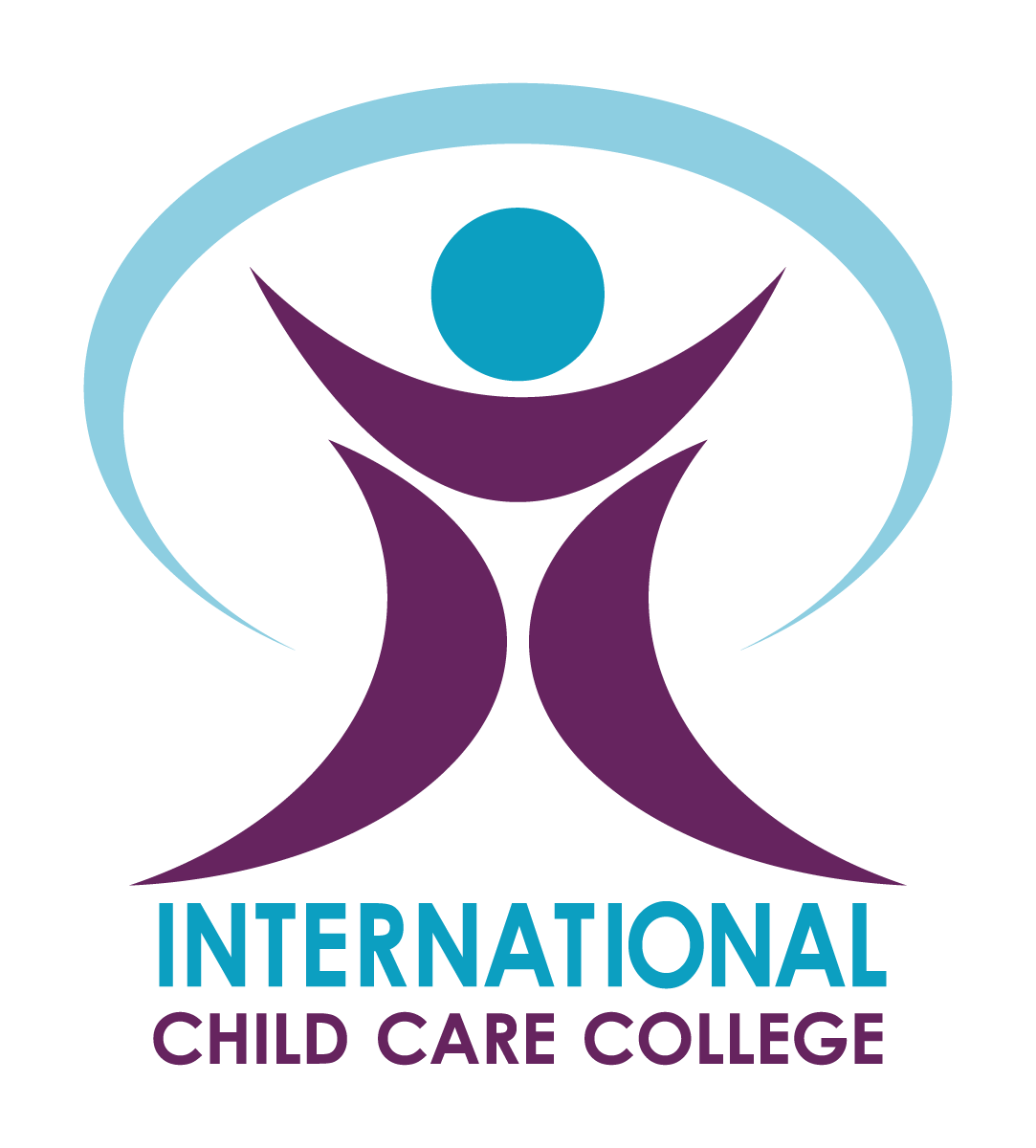
As the year draws to a close, I find myself reflecting on the year that was in our ‘lucky country’. Two things have stood out for me in the last little while (apart from the horror of recurring floods, the continued aftermath of bushfires and the lingering COVID virus)
The first is the Federal government announcement of a Treasury inquiry into the rising cost of Early Childhood Education and Care. The inquiry will investigate the costs incurred by providers, including labour, land and related costs, finance and administration costs, regulatory compliance costs and the cost of consumables. The inquiry will also explore prices charged and why prices differ. Hopefully, this inquiry will finally stop the continual questioning about the cost of providing quality Early Childhood Education and Care. It will hopefully reveal what we already know, i.e. Early Childhood is seriously underfunded and Educators are underpaid. My wish is for a new funding model that not only provides fee relief for families but also subsidises an equitable wage for all Educators.
My second stop and pause moments was the most recent Foodbank report:
The survey of 1,000 parents, commissioned by Foodbank, shows 22 percent of Australian children under the age of 15 live in a household that has run out of food at some stage over the past year.
One in every five Australian children has gone hungry in the past 12 months according to a new report, with some even resorting to chewing paper to try to feel full.
One in five kids affected go to school without eating breakfast at least once a week, while one in 10 go a whole day at least once a week without eating anything at all.
In a second article published by Social Science and Medicine, November 2022, it was reported that in a study of more than nine hundred child care centres across Queensland those in disadvantaged communities, where food insecurity was highest, were less likely to provide meals to children than those in more affluent areas. The study, by Professor Karen Thorpe (Queensland Brain Institute, University of Queensland) reflects the findings of United Workers Union March 2022 report, ‘Children Going Hungry’ which also revealed that almost half (47%) of educators surveyed think that children at their centre are not provided with enough high quality food to eat. The report found that food budgets ranged widely between $0.65 – $5 per day per child.
So what can we conclude from this research? I do not think we can conclude that Early Childhood services are putting profits before children as some have suggested. My thoughts are that it reflects the economic reality of the cost of quality education and care in an atmosphere where there is continual criticism of the cost of care to families. This criticism has been fuelled by governments who have side-stepped the elephant in the room – that is – quality Early Childhood Education and Care comes at a substantial and justifiable cost.

The constant debate about fee relief, wages and now the cost of meals has, in my opinion, sidestepped the real issue. If we want quality Early Childhood Education and Care in Australia then the government must find a way to make it affordable and equitable for families, Educators, and providers.
On that note I wish you a safe, happy and relaxing break. Be kind to yourself and remember that your role is critical to Australia’s economy and more importantly to the lives of our youngest citizens.
Karen Kearns (M.Ed (EC) B.Ed.(EC) Grad.Dip.Ed. (Spec. Ed.)
CEO, International Child Care College
Further Reading:
Competition and Consumer (Price Inquiry—Child Care) Direction 2022. Terms of Reference
Australian children going hungry, report finds, with one in five kids missing meals
Disadvantaged children missing out on meals in childcare
Children going hungry: report shows urgent action needed in early education on food budgets (March 2022)

